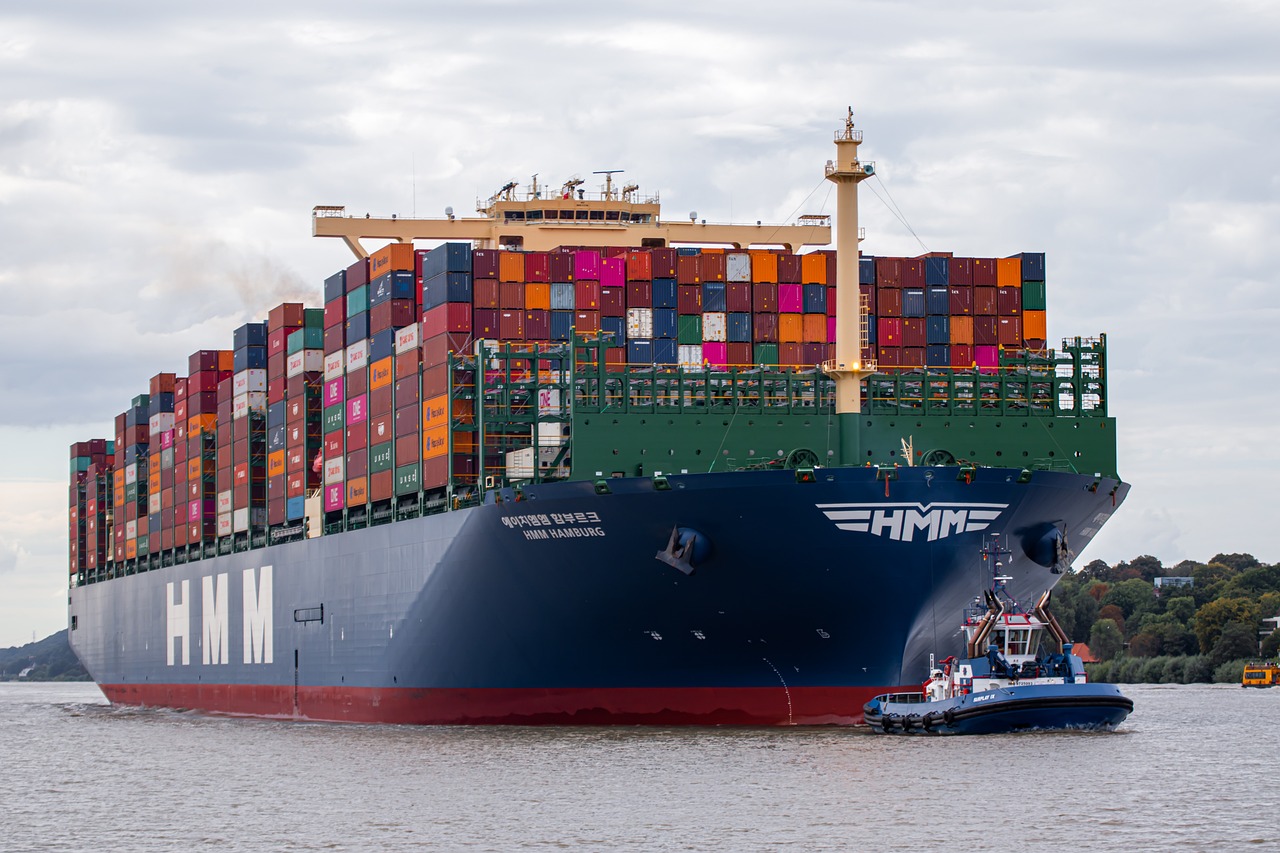
I. How to accurately position target markets?
According to WHOs 2025 report, tropical regions remain the primary demand market for mosquito coil products. Priority consideration should be given to:
- Southeast Asian Markets: Indonesia, Philippines with 12% annual import growth
- The African Market: Nigeria, Tanzania with surging government tender projects
- South American Market: Brazils 2025 new eco-friendly mosquito coil import quotas
Practical considerations: Middle East prefers smokeless formulas, EU requires packaging to indicate repellent duration. Recommend analyzing HS code 380891 sub-market trends via customs data platforms.
II. What special qualifications are needed for agency exports?
Mosquito coils as chemical products require the following:
- Pesticide registration certificate (required by some countries)
- MSDS (Material Safety Data Sheet)
- Dangerous goods transport identification report (when containing permethrin)
- FSC certification (mandatory for wooden packaging)
2025 new regulation: Coil-type mosquito coils exported to ASEAN countries must obtain ASEAN Common Certification (ACCSQ), it is recommended to prepare test samples 6 months in advance.
III. How to meet certification requirements of different countries?
Main target market certification differences:
- US EPA certification: Requires active ingredient release curve test report
- EU REACH certification: Content of meperfluthrin must not exceed 0.05%
- Japan JIS certification: Must pass continuous burning time test (≥8 hours)
Special reminder: India will implement new BIS certification regulations starting 2025, it is recommended to choose laboratories with ISO17025 accreditation for pre-testing.
IV. Comparison between agency companies and self-operated exports?
Benefits when exporting through agents:
- Document processing efficiency increased by 40% (customs clearance, commodity inspection, certificate of origin one-stop service)
- Overall cost reduction of 15-20% (shared overseas warehouses, LCL shipping)
- Risk avoidance (quality dispute handling, foreign exchange settlement guarantee)
Note: Agency contracts must clearly specify intellectual property ownership, it is recommended to choose comprehensive service providers offering OEM/ODM services.
V. How to design optimal logistics solutions?
Product-specific recommendations:
- Sea freight solution: For FCL shipping, maintain humidity ≤65%, recommended to use moisture-proof containers
- Air freight solution: Electric mosquito coils must comply with IATA PI965 Section II standards
- Multimodal transport: China-Europe Railway Express + road transport improves overall efficiency by 30%
2025 industry trends: New dangerous goods dedicated cabins added to Southeast Asia routes, freight rates 8-10% lower than regular cabins.
VI. How to respond to international trade policy changes?
Recommend establishing a triple early warning mechanism:
- Subscribe to WTO/TBT notifications (monthly verification updates)
- Set tariff change alerts (focus on G20 countries)
- Establish alternative market plans (such as RCEP member country tariff reciprocity clauses)
Case study: Australia will adjust mosquito coil import tax rates in 2025, 5% tariff reduction available through ASEAN transshipment.
VII. How to establish long-term stable customer relationships?
Recommendations based on 20 years of practical experience:
- ProvideSeasonal inventory management(Prepare stock 3 months in advance for rainy season demand)
- EstablishedQuality Traceability System(Keep samples from each batch for 2 years)
- DesignDifferentiated product portfolio(Household packs + hotel-specific packs + government procurement packs)
Key data: Customer renewal rate increases to 78% when offering free sample testing services, recommended to include testing costs in marketing budget.


 Follow Customer Service WeChat
Follow Customer Service WeChat